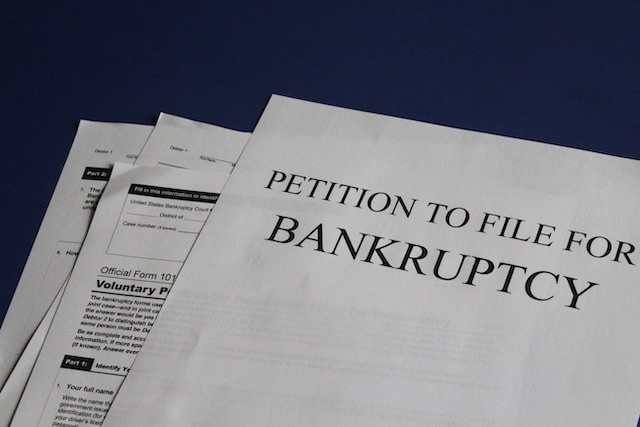
Jignesh Pandya, the CEO of Boston Market, filed for personal bankruptcy on Dec. 08 with the Eastern District of Pennsylvania Bankruptcy Court.
Following the closure of hundreds of Boston Market locations throughout the United States, this dramatic turn of events casts doubt on the future of the once-popular food chain.
Boston Market is in a tough spot. Their main office was taken away because they did not pay $329,000 in taxes from sales and worker salaries. Also, some of their stores have been kicked out, and their employees and the companies that supply them haven't been paid.
Boston Market's CEO Files Bankruptcy Amidst Mounting Debts and Lawsuits
The owner of Engage Brands, who also runs Boston Market, is facing a lot of legal trouble. According to the Nation's Restaurant News, Pandya has been sued many times because he has not paid the money he owes to people who supply his stores, his workers, and the owners of individual Boston Market locations.
Documents related to his bankruptcy reveal that he could owe anywhere from $10 to $50 million. Boston Market, his fast food business, has been struggling. It used to have more than 1,300 stores, but now there are fewer than 300 left in the United States.
Many legal cases against Pandya are reaching their conclusion, including one notable case with Pizza Hut. This lawsuit involved a disagreement about the franchise agreements for Pizza Hut locations Pandya owns in Pennsylvania.
Pizza Hut asked for $11 million to cover damages and legal costs. Pandya challenged the decision, but the district court's ruling was upheld, and his appeal was rejected. As a result, the Fifth Circuit Court of Appeals decided in August that Pandya must pay Pizza Hut.
In a recent case, a food supplier named Ben E. Keith and others, including US Foods, sued Boston Market for not paying for services and products they provided.
In November 2023, a judge in Texas said that Boston Market must pay Ben E. Keith more than $522,000, plus interest. However, it is unclear if Pandya will have to pay these debts. Sometimes, when someone files for bankruptcy, they don't have to pay what they owe from legal decisions.
But it's important to remember that Pandya filed for bankruptcy as a person, not for Boston Market. Most of the time, the court decisions are making Boston Market, as a company, pay the money, not Pandya himself.
Also Read: Starbucks Baristas in North Carolina, Rhode Island Embrace Unionization
Boston Market Struggles After McDonald's Sale, Intensify

The big fast-food company McDonald's used to own Boston Market for seven years. But in 2007, they sold it to a company that invests in businesses.
Since the current ownership took over in 2020, the company has been sued over 140 times across various state and federal courts.
A new owner or a creditor company might try to maintain the brand's value.
However, insolvent fast-food chains that fail to remit payments to their vendors or renters may face immediate closure, potentially jeopardizing the operations of the remaining Boston Market restaurants.
Although the bankruptcy court has the authority to authorize employee payments and agreements to be reached with suppliers, expediting such processes due to the substantial litigation backlog is improbable.
Boston Market's LinkedIn page continues to feature job postings.
Related Article: Big Lots Adjust Strategy, Closes Significant Store Location in Early Next Year















